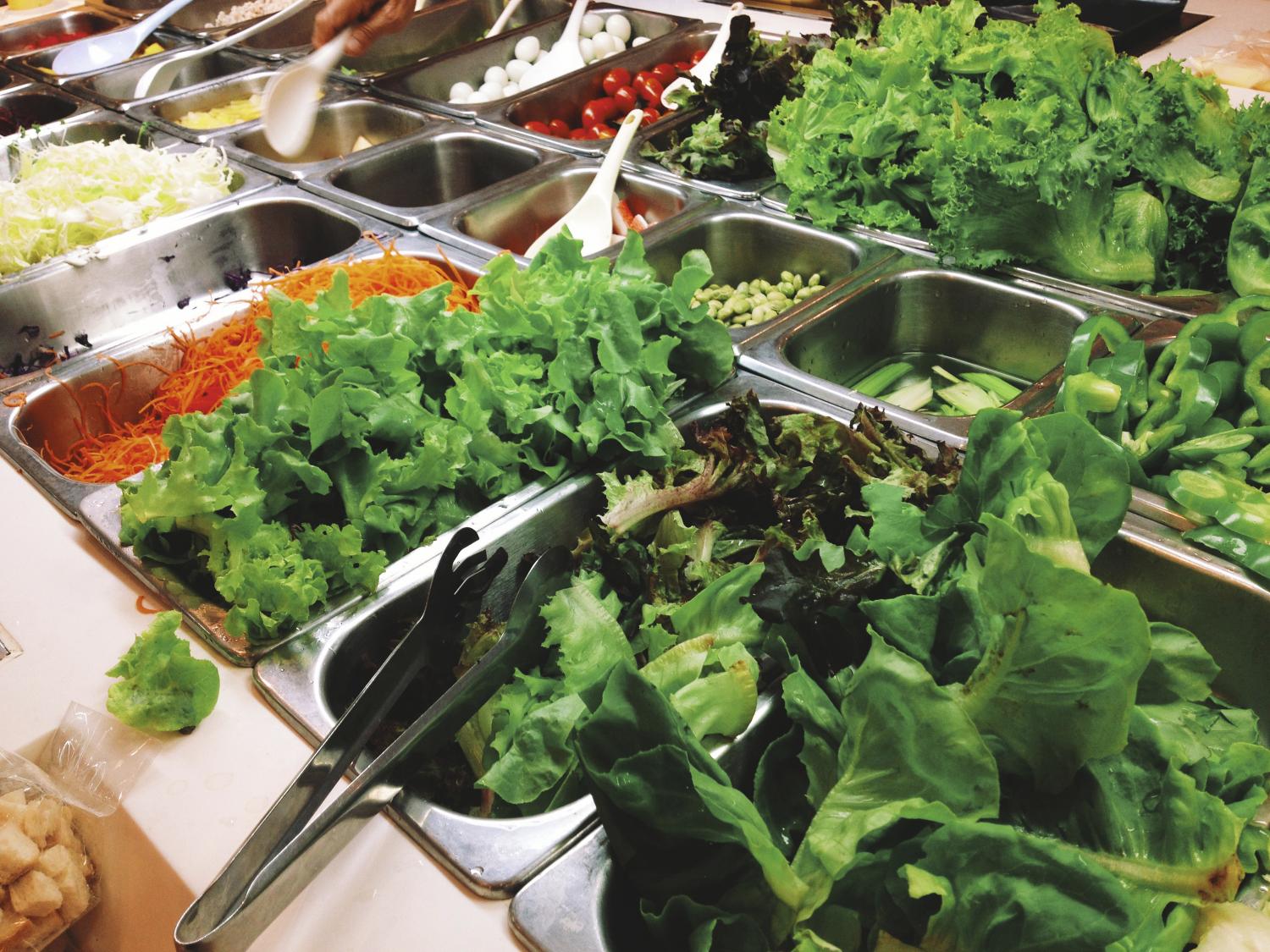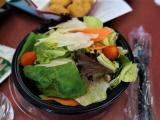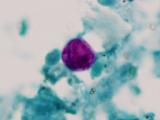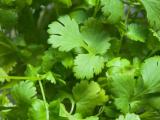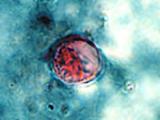Recent Cyclospora infections in Texas—unlike those in Iowa and Nebraska—seem not to be connected with salad ingredients from Taylor Farms de Mexico, which resumed operations this week after passing a US inspection, US officials said in an update yesterday.
Preliminary findings from an investigation of cyclosporiasis cases associated with a Texas restaurant show no link to produce from Taylor Farms de Mexico, the US Centers for Disease Control and Prevention (CDC) announced. Federal officials have commented over the past several weeks that the hundreds of recent Cyclospora cases in 22 states may have more than one source.
The CDC said its investigation identified a group of case-patients who had eaten at the same restaurant in Texas, which was not named. Investigators interviewed the patients and also people who had eaten at the same restaurant but didn't get sick. The preliminary analysis showed no connection of the cases to salad mix, leafy greens, or salad mix components from Taylor Farms.
In a related development, health officials in Fort Bend County, Tex., in suburban Houston, said they have worked with the CDC and city and state officials to investigate local Cyclospora cases. They said one restaurant, Bob's Taco Station in Rosenberg, volunteered to cooperate on the investigation but is just one of many restaurants where case-patients ate and is not specifically implicated in the outbreak.
In early August, investigations by Iowa and Nebraska health officials, with the CDC and US Food and Drug Administration (FDA), linked Cyclospora cases in the two states to salad mix that Taylor Farms had supplied to Olive Garden and Red Lobster restaurants.
Yesterday the FDA said Taylor Farms de Mexico resumed operations on Aug 25 after the company's processing facility and five farms passed an FDA inspection conducted from Aug 11 to 19.
The FDA said it conducted a thorough environmental assessment and "found that conditions and practices observed at these facilities at the time of the assessment were in accordance with known food safety protocols." Also, the company has pledged to systematically test its products and water supply for Cyclospora and to monitor sanitary conditions in its facilities, the agency said.
On the basis of the environmental assessment and a review of the sampling program, the FDA authorized the company to resume operating, the agency said. The firm had stopped shipping salad mix and leafy greens to the United States on Aug 9 as a result of the outbreak.
The FDA update noted that the last illness-onset date for cyclosporiasis cases linked to Olive Garden and Red Lobster restaurants in Iowa and Nebraska was Jul 2, more than 5 weeks before the FDA inspection of Taylor Farms.
Also yesterday, the CDC said its tally of recent cyclosporiasis cases has reached 610, which is 9 more than noted in its previous update on Aug 22. Forty-three (7%) of 581 patients with available information were hospitalized. The tally of affected states remained at 22.
The Texas Department of State Health Services (DSHS) said 278 cyclosporiasis cases have been reported in the state, which is 20 more than the CDC's case map shows for Texas. Adding those cases to the CDC's national total would raise it to 630 cases.
Fort Bend County, on the southwest side of the Houston area, has had 44 cases, of which 4 are classified as probable and 4 are epidemiologically linked, according to Melanie J. Manville, MEP, public information and training specialist with Fort Bend County Health and Human Services.
Commenting on the local investigation, Manville told CIDRAP News, "During the interviews of those who were ill, almost 90 restaurants were named. Bob's Taco Station is a locally owned business who agreed to work with us on the investigation by providing receipts and invoices."
Likewise, a fact sheet from the county said that no illnesses have been traced to a particular restaurant or store, but that Bob's Taco Station volunteered to help in the investigation.
Manville said the investigation has not pointed to any particular food item, though it has focused on produce in view of the findings in the Nebraska and Iowa cases.
An Aug 23 press release from Fort Bend County Health and Human Services praised Bob's Taco Station and its owner for helping with the investigation. It said the county, state, and CDC have "worked hand-in-hand" with the restaurant to try to identify specific food items and trace them back through the distribution system.
According to the release, Fort Bend County Judge Robert Herbert said, "All too often businesses duck and cover whenever events occur that have a negative public relations risk. Bob Alanis and the good folks at Bob's Taco Station did just the opposite and voluntarily opened their records for review and worked diligently with various health agencies to help determine the actual source of that contamination."
The CDC statement commented that it's not unusual to identify concurrent cyclosporiasis outbreaks that are related to different foods. For example, three separate outbreaks over a period of several months in 1997 were traced to different fresh produce items from various sources, the agency said.
Investigations of cyclosporiasis outbreaks are hampered by a lack of laboratory tests that can distinguish different strains of Cyclospora cayetanensis, the CDC observed. The agency and others are working to develop such tests, which would help investigators determine more quickly whether Cyclospora cases are connected.
See also:
Aug 26 CDC update
Aug 26 FDA update
Aug 23 Fort Bend County press release
Texas DSHS page with Cyclospora case count
